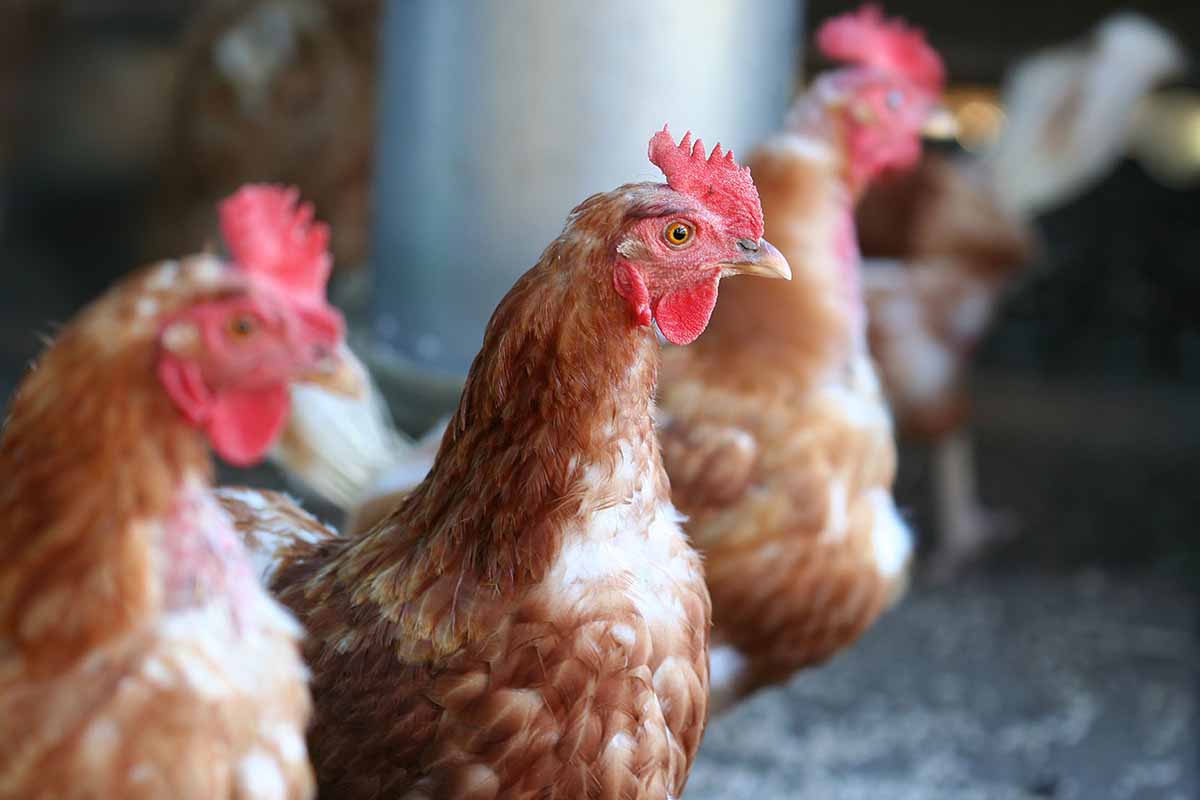Four considerations in the discussion whether to vaccinate against bird flu

1. Is a vaccine for avian influenza available?
In the Netherlands, only one commercial vaccine is available and registered for use on poultry. This vaccine is based on a low pathogen avian influenza (LPAI) type H5N5 strain from 1986. This vaccine strain is not compatible with the current high pathogen avian influenza (HPAI) H5N8 virus. It is thus expected to provide insufficient protection against this viral infection.
There are several other commercial vaccines against H5-viruses available abroad. Still, none of these vaccines has been developed to combat the HPAI H5N8 virus currently causing outbreaks in the Netherlands. If a vaccine only partially protects poultry from infection with avian influenza, this could result in the disease remaining undetected, thus allowing it to spread unchecked. This makes it more difficult to control.
2. Is poultry in other countries vaccinated?
Poultry in several countries (in Asia, Egypt) is being vaccinated against bird flu, HPAI H5, among others. A vaccine must primarily be directed against stopping the spread of the virus and preventing outbreaks (lowering the transmission to R<1). Lab tests have shown that vaccines can prevent the transmission of the HPAI virus if the vaccine strain and the outbreak strain are closely related. In practice, however, it transpires that too few antibodies for the HPAI virus are generated after one or two inoculations. Thus, the developed vaccines were not sufficiently effective in the field (R>1) and were unable to prevent outbreaks in these countries.
3. What conditions should a vaccine against avian influenza meet?
4. In addition to developing a vaccine, what else must we consider?
At this time, the European Union disallows trading of vaccinated poultry (products). Other countries are generally also wary of importing vaccinated poultry (products). If the Dutch poultry farmers wish to vaccinate their animals, this could have severe implications for export. International agreements are needed on vaccination and acceptance of vaccinated poultry (products).
As a result of the trade restrictions, there is currently no market for bird flu vaccines in the EU, making it unprofitable for the pharmaceutical industry to develop a vaccine. But, it is precisely the lack of an effective vaccine that prompts countries to maintain their trade restrictions, because they consider the risk of importing unidentified infected poultry too great.
The risk of HPAI occurring in the next few years is considered high. Thus, this would be the time to discuss vaccination at a global level and invest in the development of an effective vaccine. A vaccine strategy is an essential consideration in this regard. Possibilities are preventive inoculation of all poultry, or more targeted vaccination when HPAI outbreaks occur or are expected to occur.